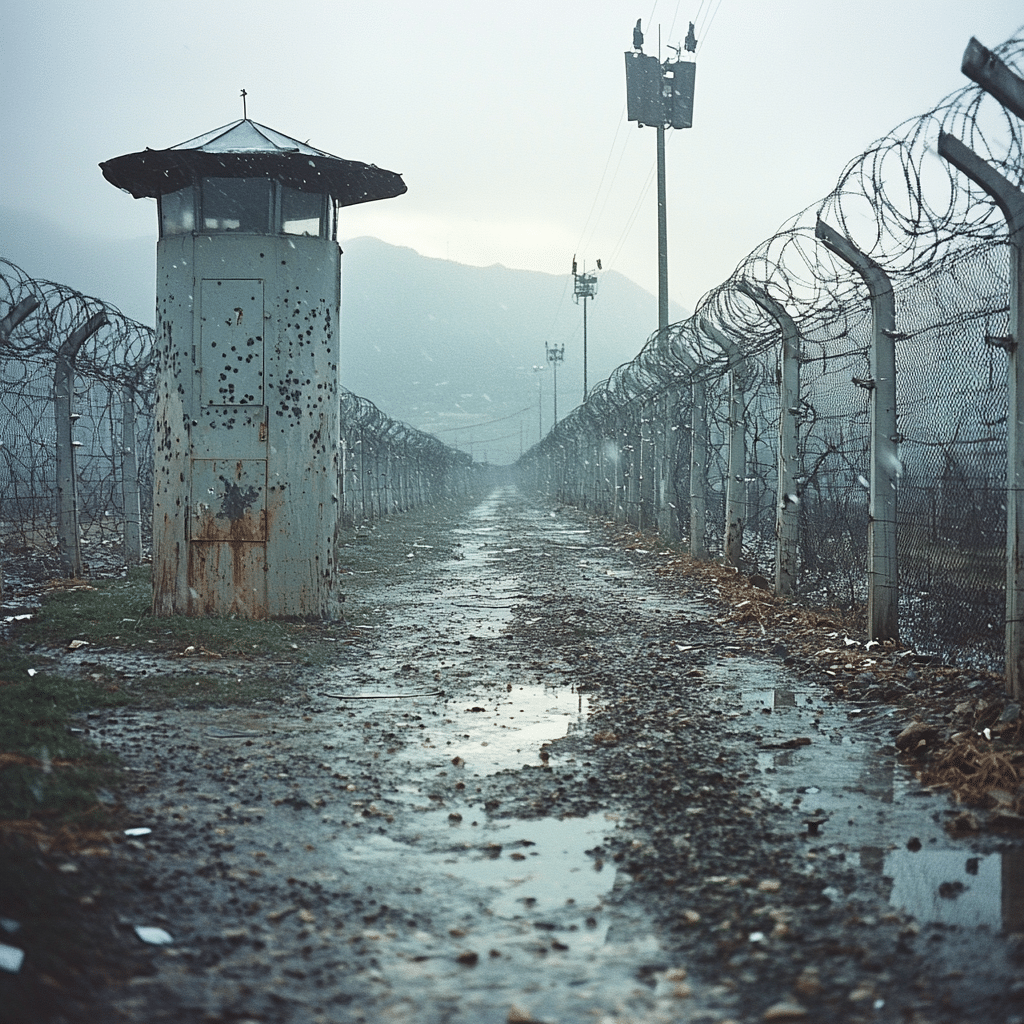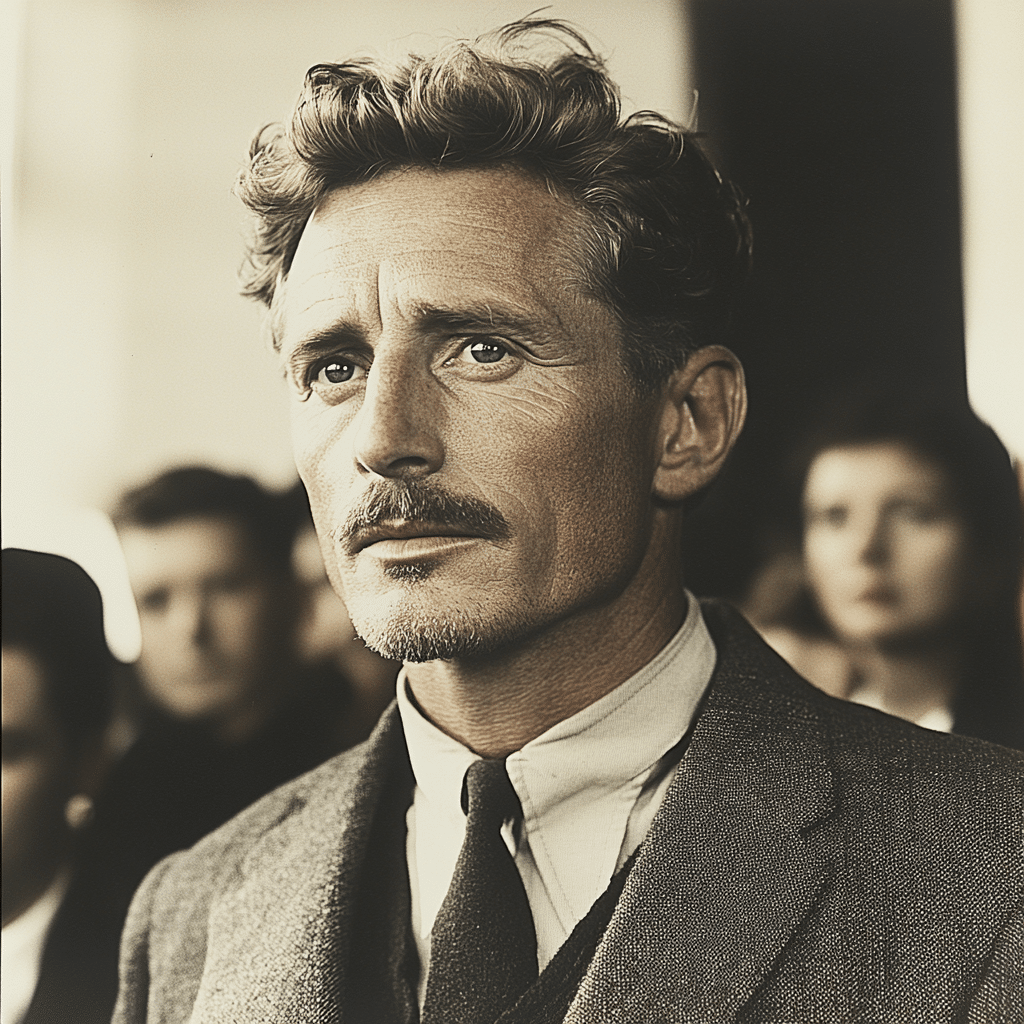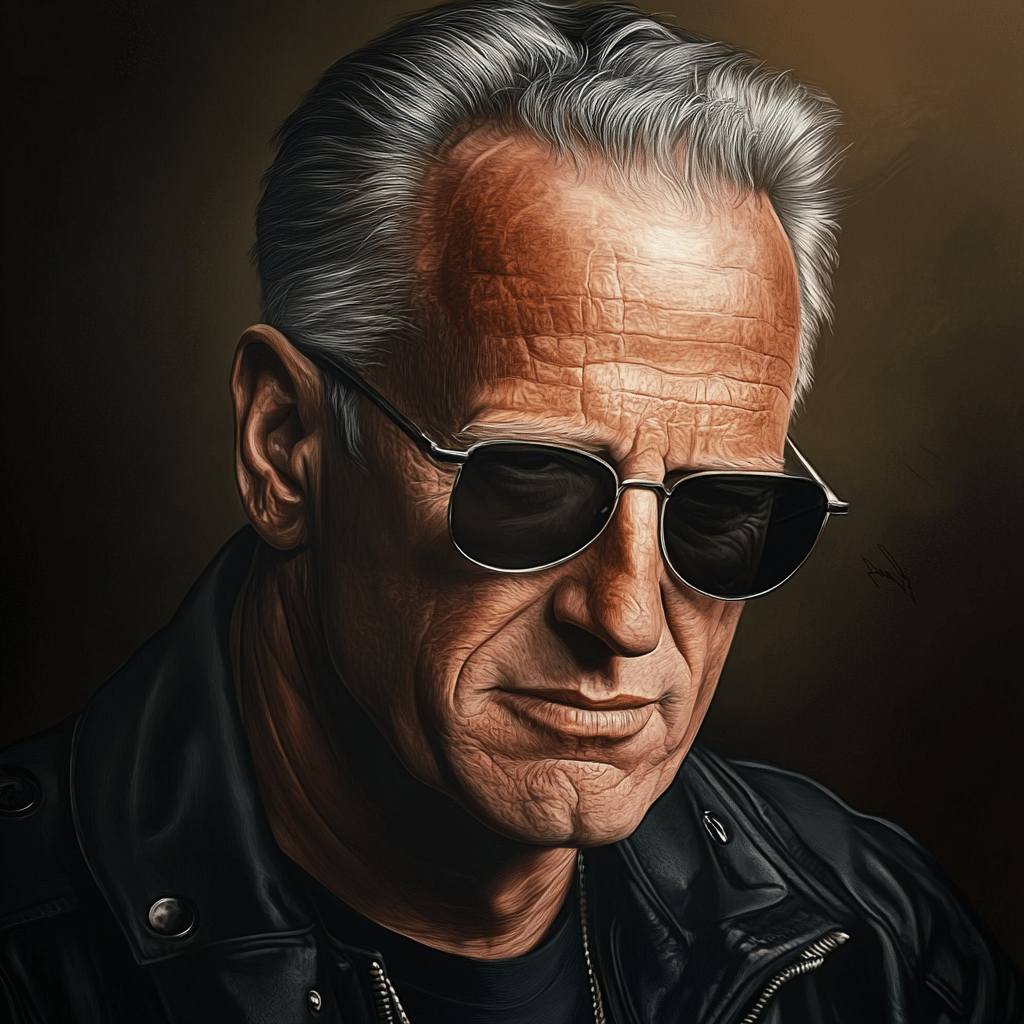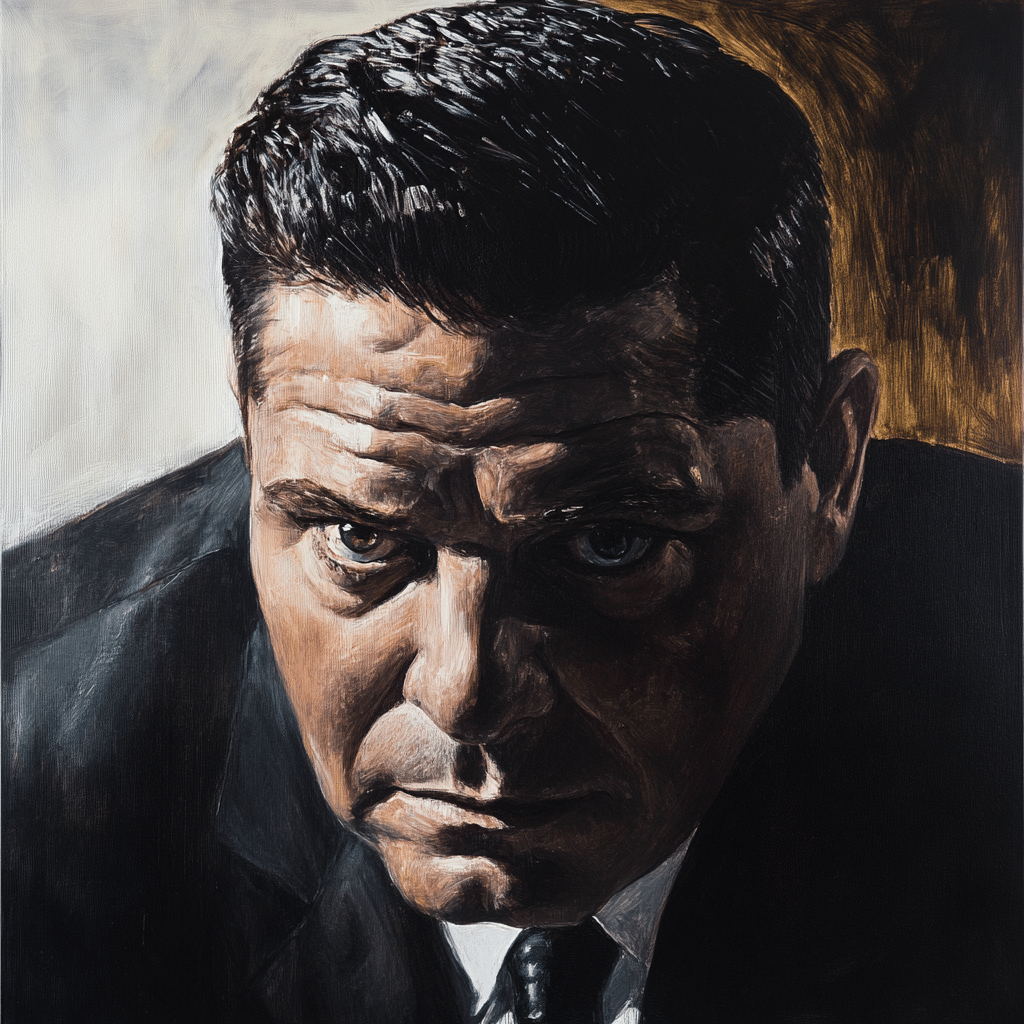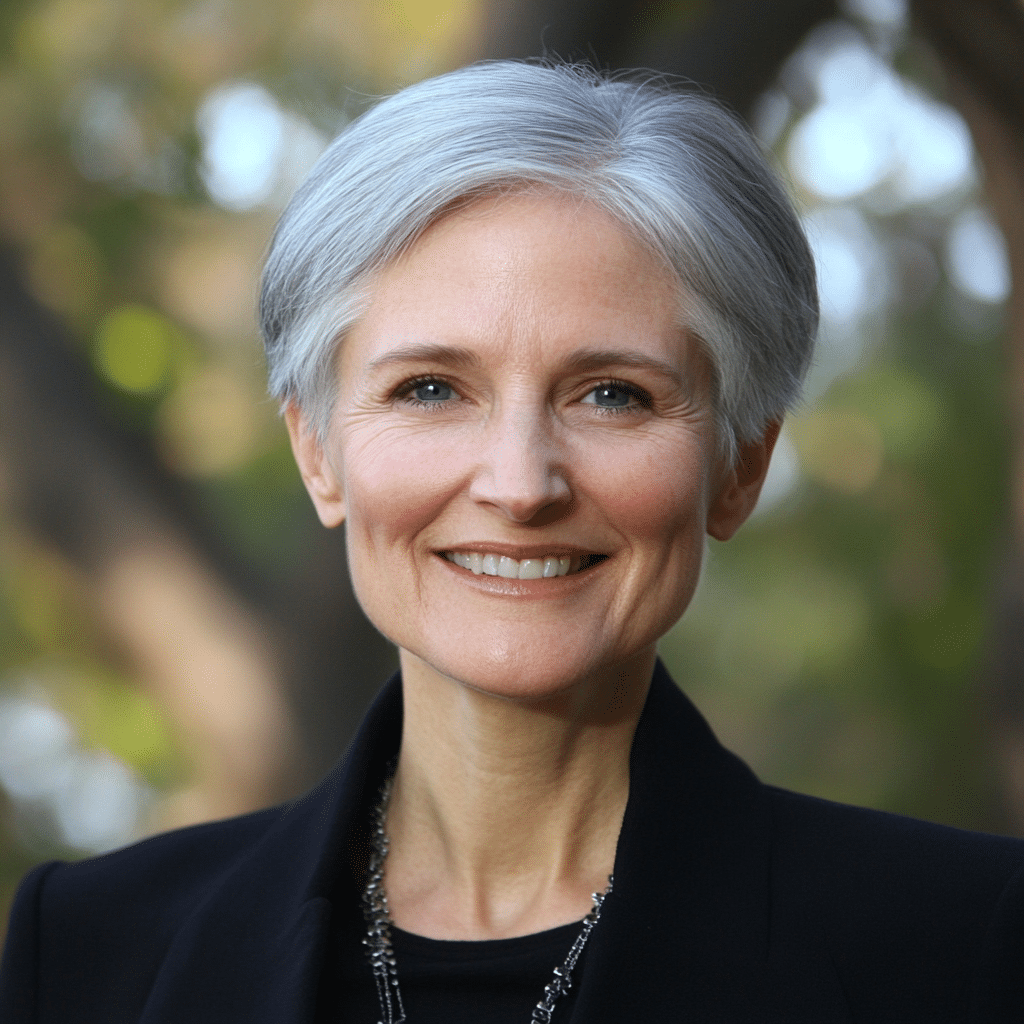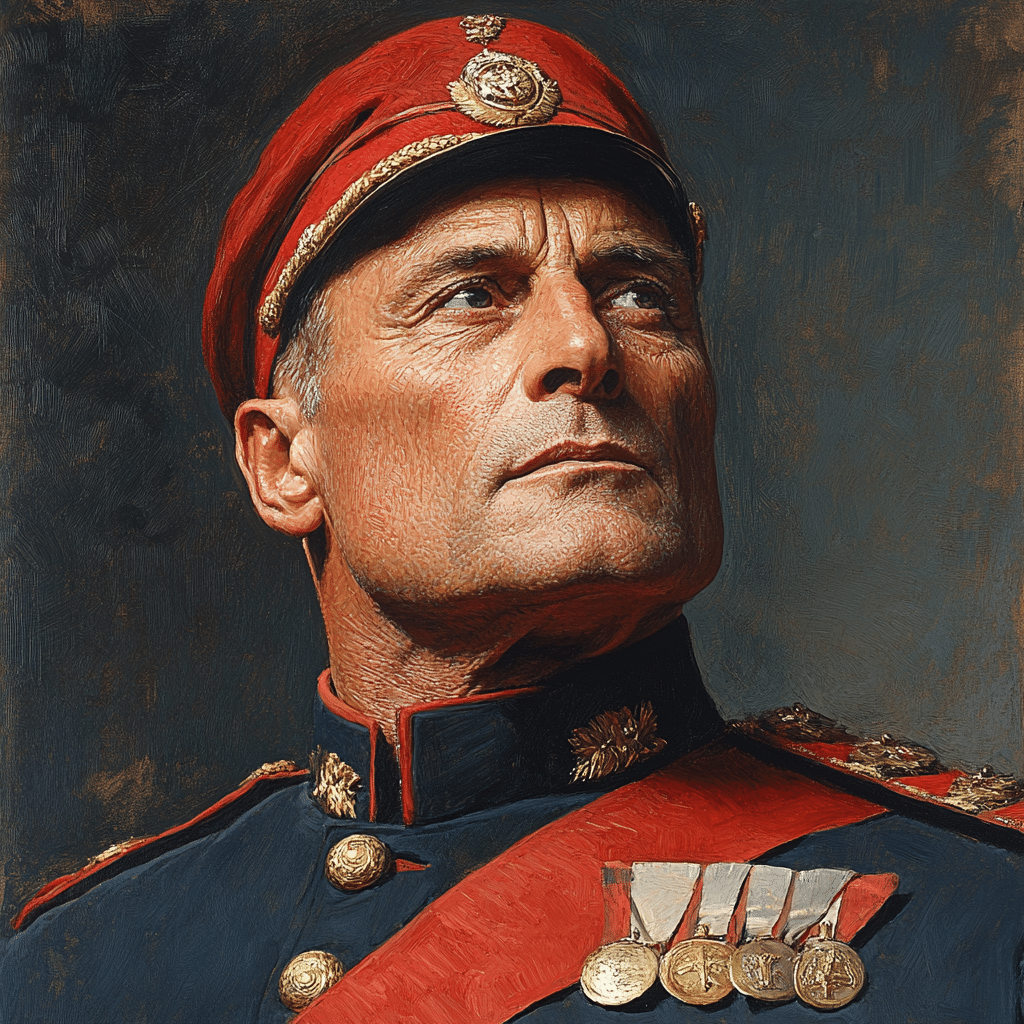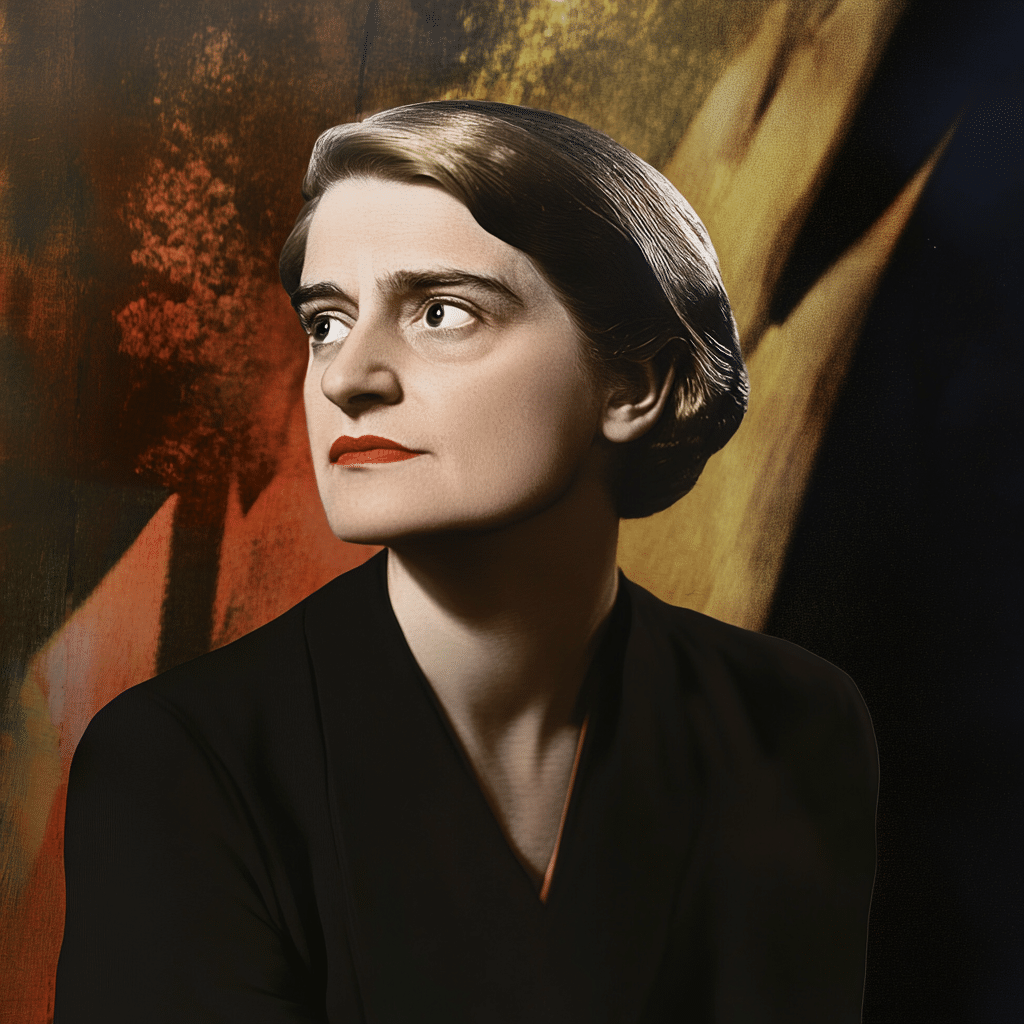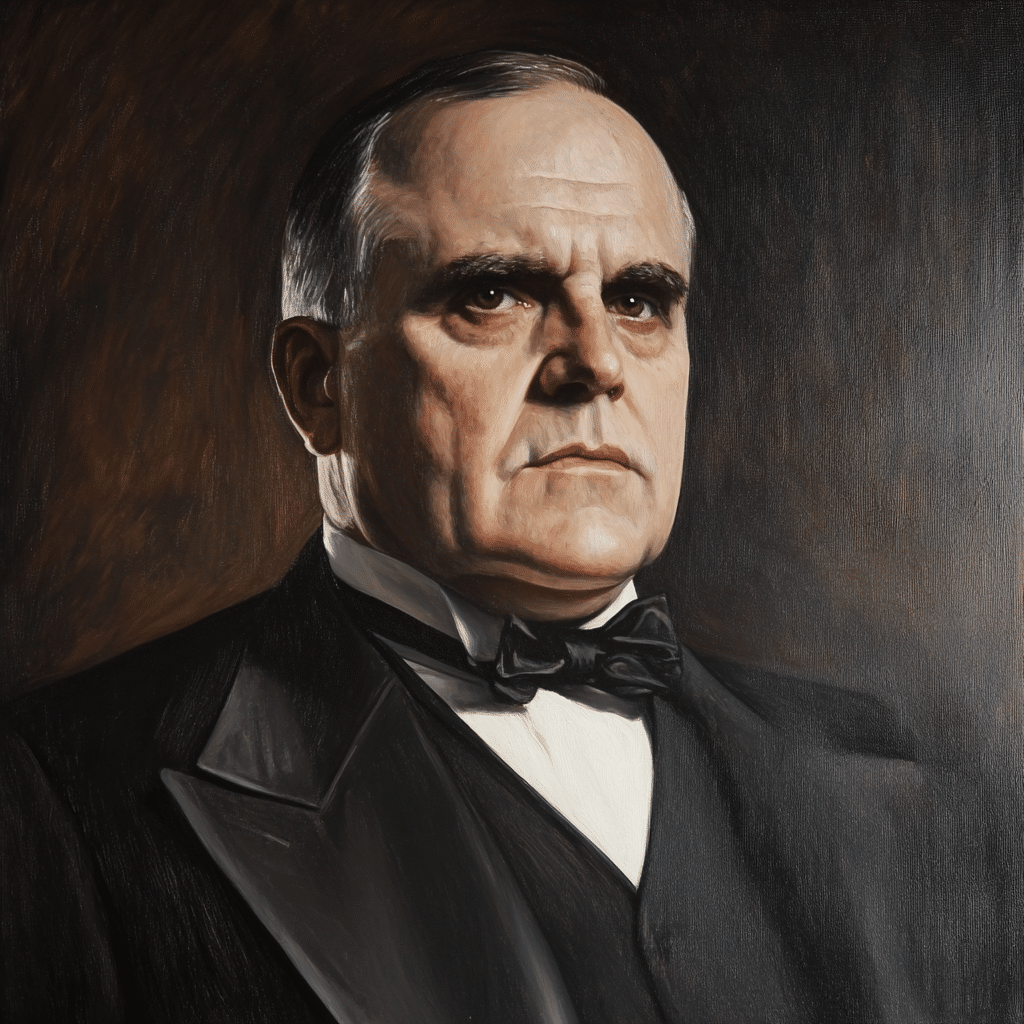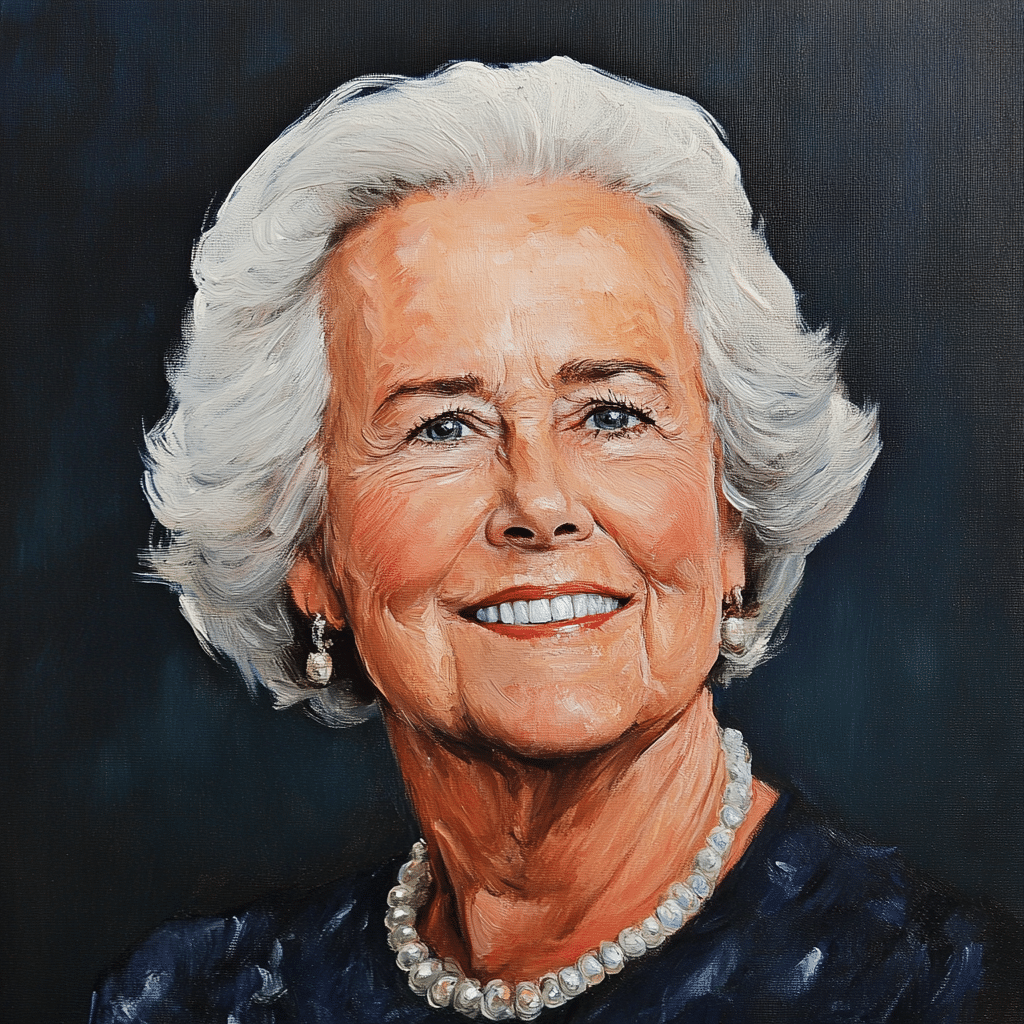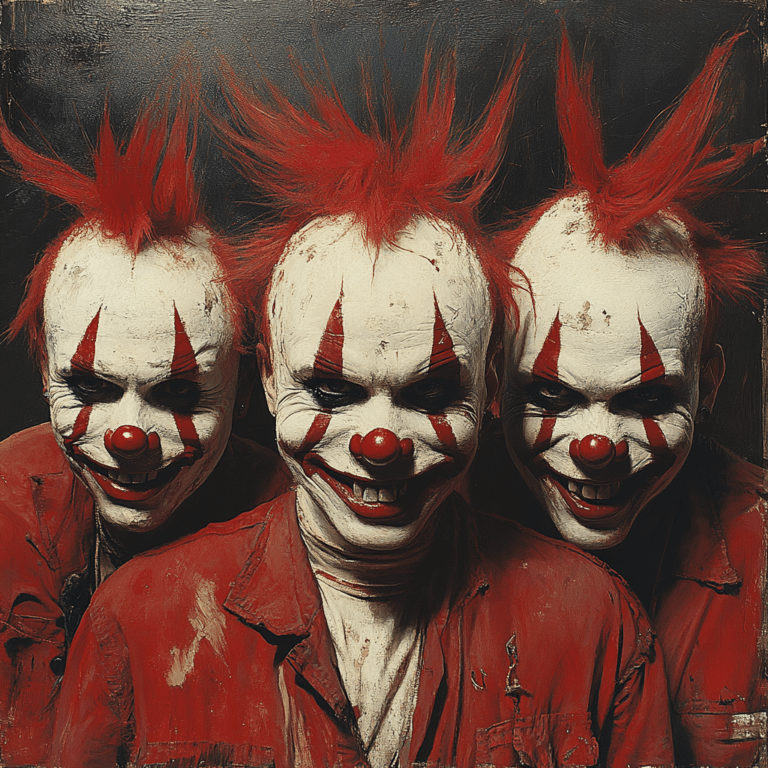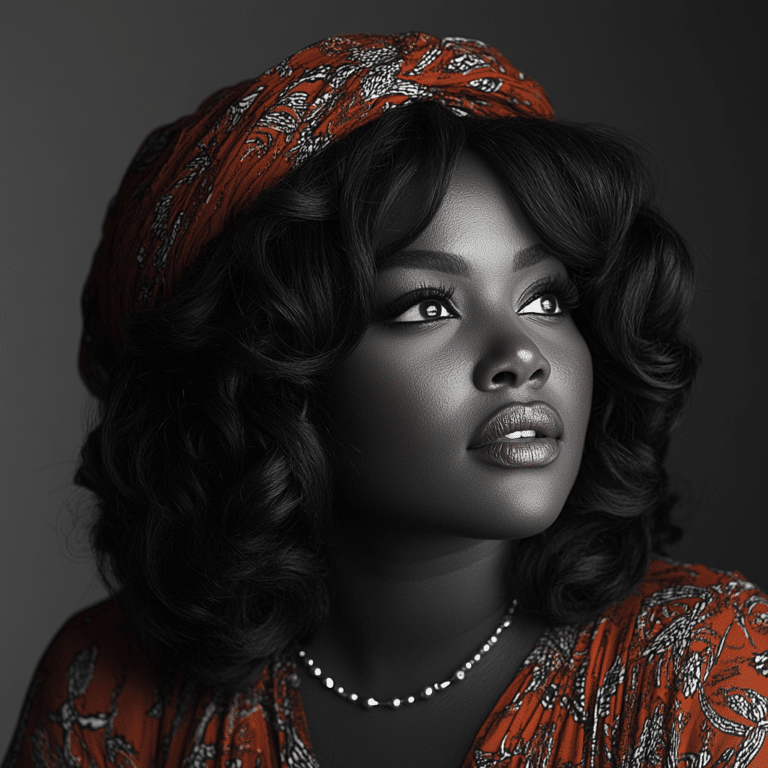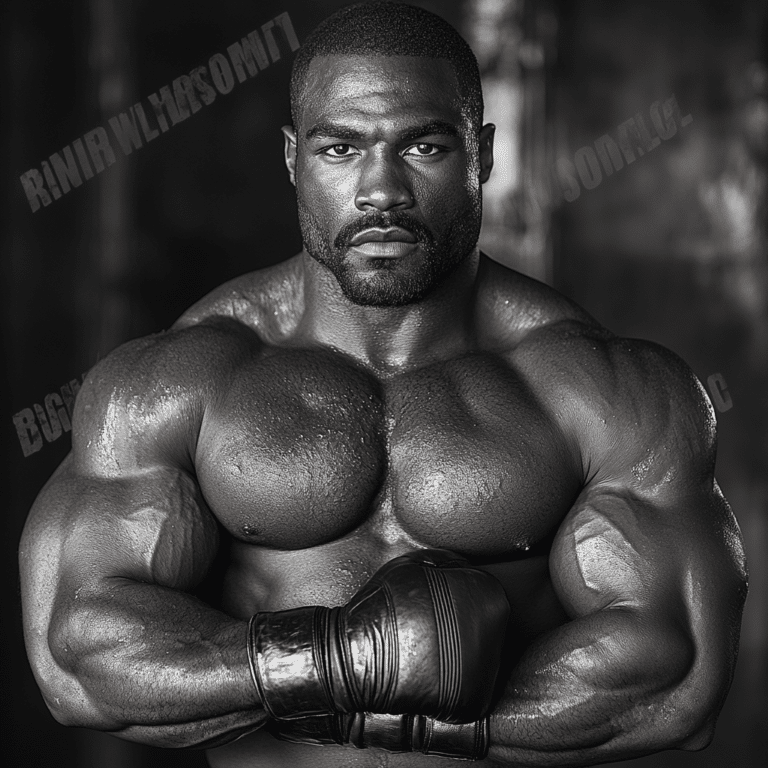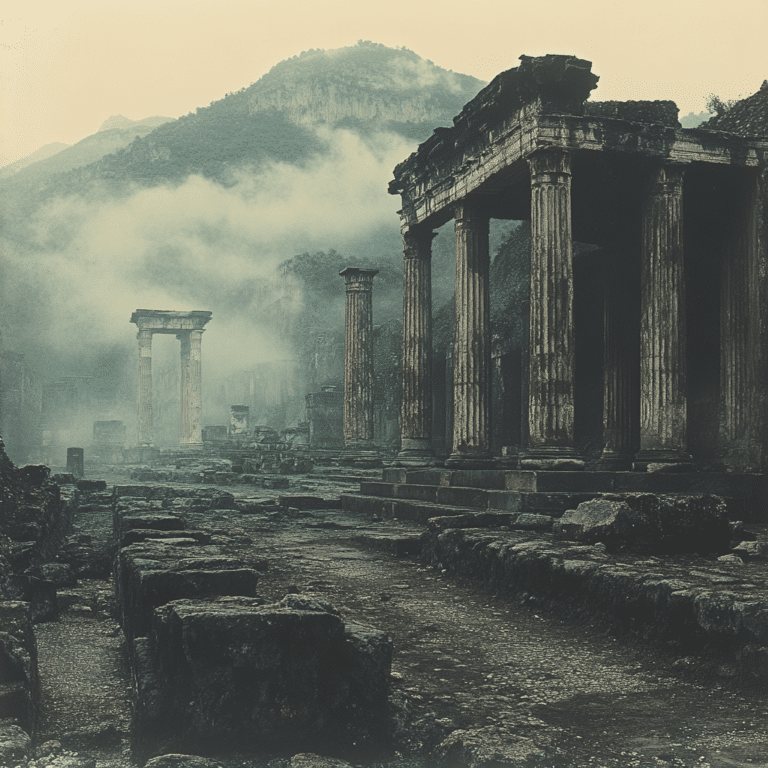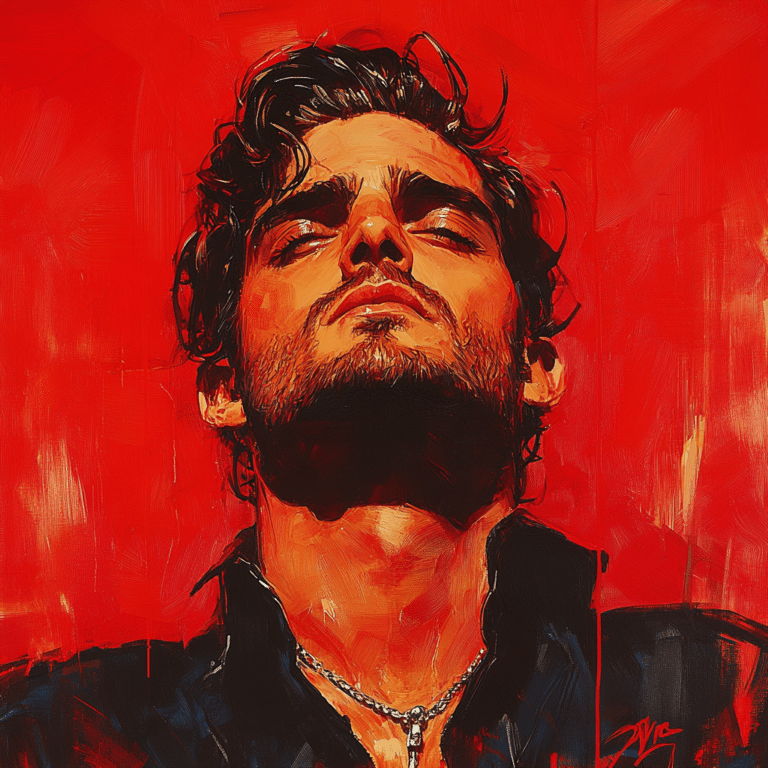When you hear the name Ron Kovic, it echoes with the weight of a story that’s both deeply personal and vastly American—a narrative of bravery, tragedy, renewal, and an indefatigable will for peace. His life, from a zealous young patriot dreaming to be the next Audie Murphy, to a war veteran turned peace activist, is a testament to the complexities of the human spirit and the transformative power of activism. His enduring message, embedded in the cultural fabric of the United States, resonates today with a cadence that’s as important as ever.
![Ron Kovic (Born On The Fourth Of July) INTERVIEW 1977 [Reelin' In The Years Archive]](https://www.loadeddicefilms.com/wp-content/cache/flying-press/VWVAkM1-Wtk-hqdefault.jpg)
Ron Kovic’s Early Years and the Path to Vietnam
Born on the same day that the United States celebrates its independence, July 4, 1946, Ron Kovic’s life seems entwined with the country’s ethos. Growing up in the spirited era of post-World War II patriotism in Massapequa, New York, Kovic’s early years were shaped by the conventional American Dream—an intrinsic belief in valor and service.
As a teenager captivated by his nation’s valorous narratives, and the victories of war heroes, Kovic fancied his feet walking the hallowed paths of honor. A driven athlete with an artist’s soul, beyond the spirited high school tracks and wrestling rings, he aspired to be someone his country would be proud of.
His enlistment in the Marine Corps, fuelled by the pervasive cultural fervor and nationalistic pride of the era, was a choice spun as much from his own desires as it was from the society’s palpable call to serve a country right in the midst of the Cold War. He saw Vietnam not only as destiny’s battlefield but also as a place where a young Ron Kovic could become an immortal figure of heroism.

The Turning Point: Kovic’s Experience in Vietnam
It was in Vietnam that the contours of Kovic’s convictions began to blur. The war, a labyrinth of moral paradoxes and unfathomable violence, challenged the very ideals that had sent him there. The battle of the Tet Offensive—where the enemy was both everywhere and nowhere—was the fracture point that split Kovic’s life in two.
On that January day in 1968, spirits collided with harrowing reality as Kovic was grievously wounded, a bullet severing his spinal cord, leaving him paralyzed from the chest down. Through the pages of his memoirs, one can almost perceive the cacophony of gunfire, the piercing cries of fellow soldiers, and the gravity of sudden silence that engulfed him as he lay on that battlefield. His sacrifice was absolute – but so would be his transformation.
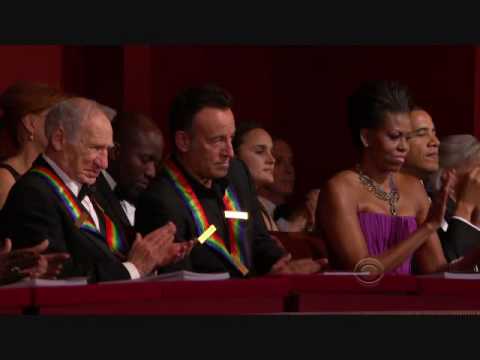
| Category | Detail |
|---|---|
| Full Name | Ronald Lawrence Kovic |
| Date of Birth | July 4, 1946 |
| Place of Birth | Ladysmith, Wisconsin, USA |
| Residence | Redondo Beach, California |
| Military Service | U.S. Marine Corps |
| Vietnam War | Volunteered for Vietnam War; paralyzed due to a spinal cord injury from enemy fire |
| Activism | Became an anti-war activist; helped organize Vietnam Veterans Against the War |
| Bibliography | Subject of “My Hero” website biography |
| Writing | Continues to write from Redondo Beach, California |
| Artistic Pursuits | Enjoys painting and playing the piano |
| Gardening | Engages in gardening at his residence |
| Significant Other | Had a relationship with Connie Panzarino |
| Autobiography | Wrote “Born on the Fourth of July” in 1976 |
| Film Adaptation | “Born on the Fourth of July” directed by Oliver Stone in 1989 |
| Influence on Film | Oliver Stone used his Vietnam experiences to add authenticity to the film |
| Personal Interests | Human rights, especially for veterans and the disabled |
A Veteran’s Struggle: Kovic’s Return to America
Coming home should have spelled relief, but for Kovic, it signaled the start of another war—a battle for acceptance, care, and dignity. The Veterans Administration (VA) was hardly the sanctuary for heroes; it was a place rife with neglect and insensitivity. Through painful rehabilitation and a system that felt like it had abandoned him, Kovic’s eyes were pried open to the plight many veterans faced.
In this era, many Americans wrestled with conflicting sentiments toward returning Vietnam veterans. The country’s reception was as wounded as the soldiers, a reflection of an increasingly disillusioned populace, their treatment a contentious and often painful subject that sparked heated national debate.
Kovic, once revered as a gallant Marine, now faced a society unsure of where to place him. He navigated this new personal terrain, replete with physical constraints and societal barriers, crafting his new identity amidst often meager support.

Ron Kovic’s Awakening: Birth of an Activist
But Ron Kovic was not one to be confined—not by his wheelchair, nor by the constraints of public perception. The seeds of activism took root in the soils of Kovic’s frustration and blossomed into an impassioned advocate for peace and veterans’ rights. His transformation was not merely a shedding of old skin, but rather, an uprising from it—a phoenix-like rebirth into a fervent voice against the war that had taken so much from him and countless others.
Marches, sit-ins, rallies—Kovic was now on the frontline of a different kind of war, one fought with words and peaceful protests. His increasing involvement with Vietnam Veterans Against the War saw him bold and unwavering, as fervent in his pursuit of peace as he had once been in the pursuit of victory in Vietnam.
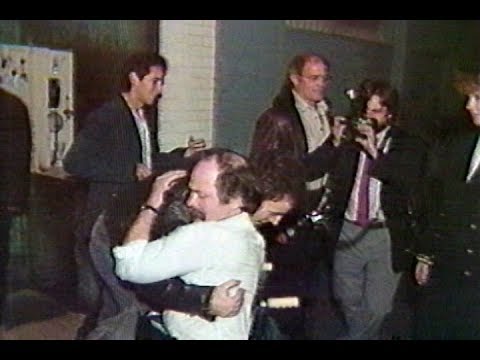
Campaigning for Peace: Kovic’s Impact on the Anti-War Movement
Kovic’s role within the anti-war movement was symbolic, yet strategic. His story—a decorated soldier turned peace activist—served as a powerful testament to the destructive nature of Vietnam. He was not merely a participant; he was a catalyst for change, utilizing his narrative to shift public opinion and influence political discourse.
His demonstrations, like the raw manifestation of a warrior’s cry for peace, were designed to stir the soul and provoke thought. The stories Kovic shared about the realities of war took center stage in his activism, his voice joining the chorus of those who sought to illuminate the truth behind the conflict.
From Words to Action: Kovic’s Activism Beyond Vietnam
Beyond the Vietnam War, Kovic’s advocacy for peace and human rights stretched across various landscapes—supporting movements that emphasized the dignity and worth of human life, regardless of nationality or creed.
Even as he nurtured a love for the arts—painting and playing the piano—his essence was that of a man in continuous struggle for others. As he nurtured plants in his garden at his Redondo Beach home, so too did he nurture the seeds of compassion and change.
“Born on the Fourth of July”: Ron Kovic’s Cultural Influence
The cultural impact Ron Kovic imparted began with pen and paper as he drafted “Born on the Fourth of July,” a poignant memoir that excavates the depths of his experiences. The book’s adaptation into an Oscar-winning film by Oliver Stone, a director and Vietnam veteran himself, crystallized Kovic’s odyssey for audiences everywhere.
Kovic’s influence did not cease at publication, but drove other veterans to reckon with their own narratives, inspiring them to voice their stories, as varied and complex as the war itself.
Ron Kovic Today: Continuing the Fight
Today, Ron Kovic remains a pertinent figure, his relevance persistent, as he continues to share his insights and experiences with new generations. His legacy lives on, not only in the pages of history but in the real-time impact of his advocacy—a ceaseless campaign for veteran’s rights and international peace. The echo of his voice can be heard in the stirring speeches of activists and the quiet determination of those young souls who strive for a world without war.
Captured in interviews and articles, Kovic’s reflections serve as both a compass for the lost and a lantern in the dark for those still fighting their own battles, be they personal or political.
The Price of Service: Understanding Ron Kovic’s Advocacy for Veterans
Kovic’s advocacy emphasizes the imperatives of care and support for veterans. His efforts address the gaps in a system that often leaves its warriors by the wayside once the fanfare fades. His understanding of this topic is not academic—it’s lived. He actively pursues improvements in the way America cares for its veterans, putting the well-being of his brothers and sisters in arms at the forefront of his mission.
The current state of veteran affairs remains a topic fraught with challenges. Kovic’s voice, however, is an unwavering beacon, a reminder of both the price of service and the indebtedness of a nation to those who served.
The Power of a Story: Reflections on Kovic’s Narrative and Influence
The potency of Ron Kovic’s story transcends time; it emboldens others to come forth with their truths, their hopes, and their continued struggles. In a society often fraught with polarization, Kovic’s narrative has the power to unite, to remind us of our shared humanity, and to frame activism as an embodiment of the American spirit.
In the context of today’s social and political climate, Ron Kovic’s life serves as a bridge from past to present, a compilation of lessons on the merits of perseverance and the indomitable pursuit of what is just and right.
Conclusion: Ron Kovic’s Enduring Message of Resilience and Peace
Ron Kovic’s journey—embroidered into the nation’s past and present—stands as a chronicle of transformation and testament to the power of conviction. Both resilience and peace form the pillars of his legacy, reminding us that while scars may tell the story of our past, they do not dictate the course of our future.
This is the essence of Ron Kovic’s message—a clarion call to remember the cost of war and to recognize the valor in those who dare to imagine a world without it. His life, bound to a wheelchair but unbound in spirit, teaches us that true heroism is found not just on the battlefield, but in the courage to fight for a better peace.
The Unyielding Spirit of Ron Kovic
You might know Ron Kovic as the staunch anti-war activist who once bled on foreign soil, reinforcing his legacy with unwavering determination. However, the path he’s trod is strewn with lesser-known nuggets that are as striking as the grateful dead Songs that colored an era’s protest backdrop. Kovic, in his quieter moments, could possibly appreciate the poetic justice in the defiant lyrics, just as much as a runner relishes the reliable comfort of nike Mens pegasus 39 running shoes during a marathon feat of endurance.
In a tangential twist of fate, his advocacy could draw a parallel with the way Madeline Kingsbury, a name synonymous with ardor and dedication, leaves an indelible mark on the causes she touches. Similarly, Kovic’s relentless call for peace and veterans’ rights echoes in the heart of the nation like the persistent quest for a dog park near me resonates with a devoted dog owner—both represent a tireless search for a space of solace and recognition.
The tapestry of his life is as riddled with the unexpected as the prospect of ariana Grande 2024 taking the political stage may seem to some. Kovic’s journey intersects with poignant chapters of history, as though lifted from the missing pages of Madeline Kingsbury missing Winona mn, where each rediscovered detail propels the narrative forward. In a similar vein, to define gross isn’t merely a fiscal term; it’s a reminder that the raw, sometimes unpleasant facets of life he’s seen and endured are equally important to acknowledge.
And just as passions can take a myriad of forms, from the controversial draw of Mens sexual Toys to the impassioned cry for justice, Kovic’s activism extends beyond traditional boundaries—he is a man, a veteran, a truth-seeker, who has manifested his convictions in ways as varied and vivid as life itself. His story is interwoven with these eclectic threads, proving that intrigue and inspiration can spring from the most unexpected of sources.

What does Ron Kovic do now?
Well, nowadays, Ron Kovic’s keeping himself pretty busy down in Redondo Beach, California. Between writing, splashing paint on a canvas, tinkling the ivories, and getting his hands dirty in his garden, he’s living proof that life doesn’t just stop because of a disability. Plus, he used to be an item with Connie Panzarino, author of “The Me in the Mirror.”
Why is Ron Kovic a hero?
Ah, why is Ron Kovic hailed as a hero, you ask? Well, it’s a no-brainer! After his time as a U.S. Marine in Vietnam, where he ended up paralyzed, the guy didn’t just roll over. Nope, he became a powerhouse activist, leading the charge with the Vietnam Veterans Against the War. You can snag his full bio on the “My Hero” website if you’re itching to know more.
Why did Ron Kovic join the Marines?
As for joining the Marines, Ron Kovic did it for love of country and that shiny hero badge. But boy, did he get a rude awakening. Serving in Vietnam slapped him with the harsh truth about war, especially after a grave injury forced him to come back home in a way he never anticipated.
How accurate is born on the 4th of July?
Now, talking about “Born on the Fourth of July,” Oliver Stone nailed it with this one. With his own Vietnam War skeletons in the closet, Stone brought the pain, horror, and raw emotion of that era to life with scary precision. Heck, it’s about as accurate as you can get for a Hollywood flick!
Does Ron Kovic have PTSD?
Does Ron Kovic have PTSD? Look, the guy’s been through the wringer with his combat experiences in ‘Nam, but ain’t it personal to pry into what haunts a man? If he does, that’s his cross to bear, and frankly, it wouldn’t be a shocker given what he went through.
Did Ron Kovic shoot a soldier?
Regarding whether Ron Kovic shot a soldier, let’s clear the air. There’s been some chatter, sure, but spilling the beans on confirmed events is a tale better left for his own lips or a peek into credible historical accounts.
How many POW MIA are still in Vietnam?
How many POW MIA are still in Vietnam? Sadly, that’s the million-dollar question. There are still families seeking answers, but the official number keeps changing. It’s a heartache that time hasn’t healed, with mysteries that lurk in the jungles and memories.
Why is the film called Born on the 4th of July?
The film got its name, “Born on the Fourth of July,” because—get this—Ron Kovic, the main man himself, was literally born on Independence Day. Talk about poetic, huh? It’s like his whole life was set up to be part of America’s narrative.
Did Vietnam vets go to Mexico?
Did Vietnam vets go to Mexico? You betcha, some did make a break for the border. They were looking for escape, healing, or maybe a fresh start away from the turmoil back in the States. Can’t say it was the magic answer, but desperation makes you chase after strange remedies.
How many times was Ron Kovic shot?
Ron Kovic? Oh, that tough cookie was shot not once, but multiple times. Picture this—it’s like he went into a firefight and came out with a “been there, done that” T-shirt no one would envy.
When did Ron Kovic serve in Vietnam?
During the Vietnam War, Kovic served his tours in ‘Nam in ’65 and got re-deployed in ’67. Those years probably felt like decades in the midst of all that chaos and horror.
Which actor lied about his age to join the Marines at age 16?
The actor who fudged his age to join the Marines at 16? That’d be none other than our pal Ron Kovic. Seems like he was almost too eager to dive into the fray and start his journey.
How old was Tom Cruise in born on 4th of July?
Tom Cruise? While playing Kovic in “Born on the Fourth of July”? The dude was 27, but he sure convinced us he was a young pup caught up in the mess of war.
Who was the singer in Born on the Fourth of July?
The crooner belting out tunes in “Born on the Fourth of July” was none other than legendary singer-songwriter Bob Dylan, setting the mood with his gravelly voice and haunting lyrics.
Was Tom Cruise nominated for born on the Fourth of July?
And finally, did Tom Cruise snag a nomination for his role? You bet he did! Cruise was up for an Oscar, the gold standard, for pretending to be Kovic. Quite the pat on the back for a job well done, eh?

